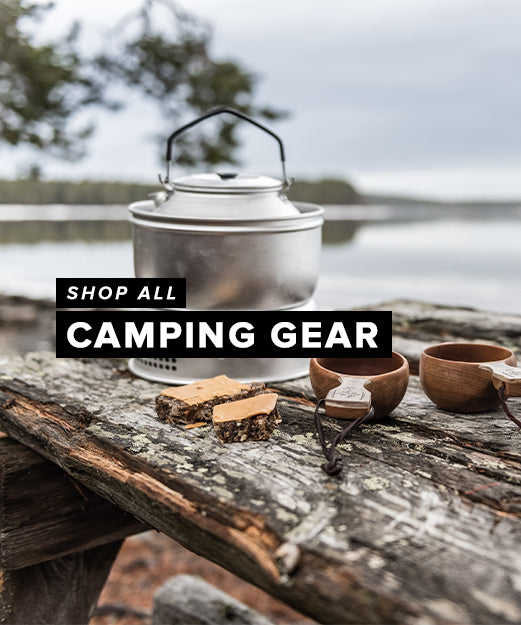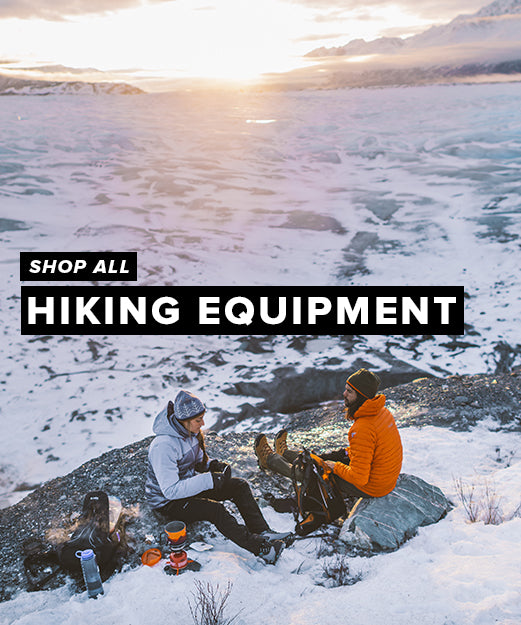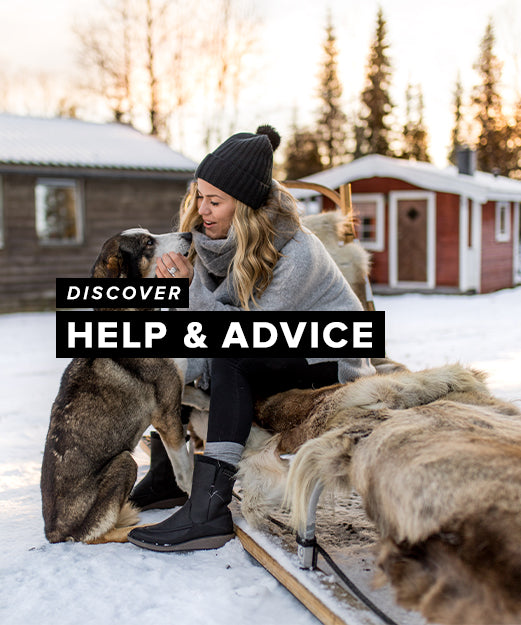- Keep gas cylinders outside your caravan at all times.
- Before going to bed or leaving your caravan/motorhome, be sure to turn off all appliances.
- Never use a cooker or a heater whilst a camper or caravan is moving.
- Change gas bottles only when completely empty.
- Ensure you prepare and cook all food well away from your tent.
Safety Tips While Camping
One of your primary concerns when camping in any location is that of safety. When accompanied by small children or friends and family you need to ensure you take precautions to ensure your holiday or trip isn’t wrecked by problems which you could have avoided.
There are several elements of health and safety that need to be considered when camping for the first time, although even experienced campers will need to know some of this information for future reference.
Firstly, medical treatments and first aid items need to be taken to cater for those nasty bumps and scrapes which can sometimes occur, in particular plasters, burn heals, antiseptic wipes and bandages.
If you’re out and about during the day, dwelling in activities which can result in injuries then you will certainly need to think about which First Aid items to have with you.
They all serve a useful purpose and even if you don’t have to use them they’re certainly handy if someone requires urgent attention. You can find all of these items, as well as several others, within our First Aid Range.
Other things you can do to ensure any unwelcome health problems are dealt with quickly and affectively is to find out the information of the nearest doctor, and be aware of other emergency contact details which any campsite will have to hand.
However, one of the most dangerous elements to camping is cooking, and many people make the mistake of preparing food inside their tent which has the capability to start a fire.
The majority of modern tents are manufactured and designed using flame-resistant fabric, but this does not mean your product is fireproof. When pitching your tent, place them six metres (the equivalent of 20 feet) apart and clear any debris from the tent perimeter as sparks will then be unable to light anything.
There are a couple of immediate dangers to cooking inside your tent: the first, and most obvious, is the fire hazard, while the second, and certainly the more subtle, is the danger of carbon monoxide poisoning.
Fires can start when you least expect them, and as tents have separate compartments which people might be zipped into, they will need a clear sign that a fire is in progress so they have a chance to get out.
Therefore a portable smoke alarm is another essential piece of equipment to protect you against potential flames, and this can be placed within your tent, caravan or motor home.
Working like a traditional smoke alarm which you fit inside your home, it detects smoke from a fire and then emits a loud 85 decibel energetic alarm which then gives you ample opportunity to ensure the smoke does not turn into something more violent and serious.
To let you know that it’s still functioning, a small red light flashes once every forty seconds just so that you know the smoke alarm is in full working order.
Furthermore a stove can also automatically start a fire, and your tent will be destroyed in less than one minute if a fire does get out of hand!
Bearing this in mind one of your must have items before you set off should be a portable fire extinguisher as you never know when it might be needed. Infact if you’re travelling abroad, it is illegal in many countries not to carry one in your vehicle!
Eating in your tent should also be avoided. Spilled food or crumbs are will attract a number of lingering insects. Once in your tent they’re bound to ensure that you have a very uncomfortable night’s sleep, meaning your holiday is likely to be affected by tiredness.
In addition to all of the above its also very easy to break into a tent so you need to be certain never to leave anything valuable inside. It’s always wise to keep personal valuables in a rucksack or small bag when you vacate your tent just incase the worst should happen.
Returning to the issue of fires, there are plenty of ways to prevent one occuring, and below we’ve outlined a few key points to bear in mind when preparing to cook:
 NEW!! Free UK Delivery
NEW!! Free UK Delivery Hassle-Free Returns
Hassle-Free Returns Clearpay
Clearpay









